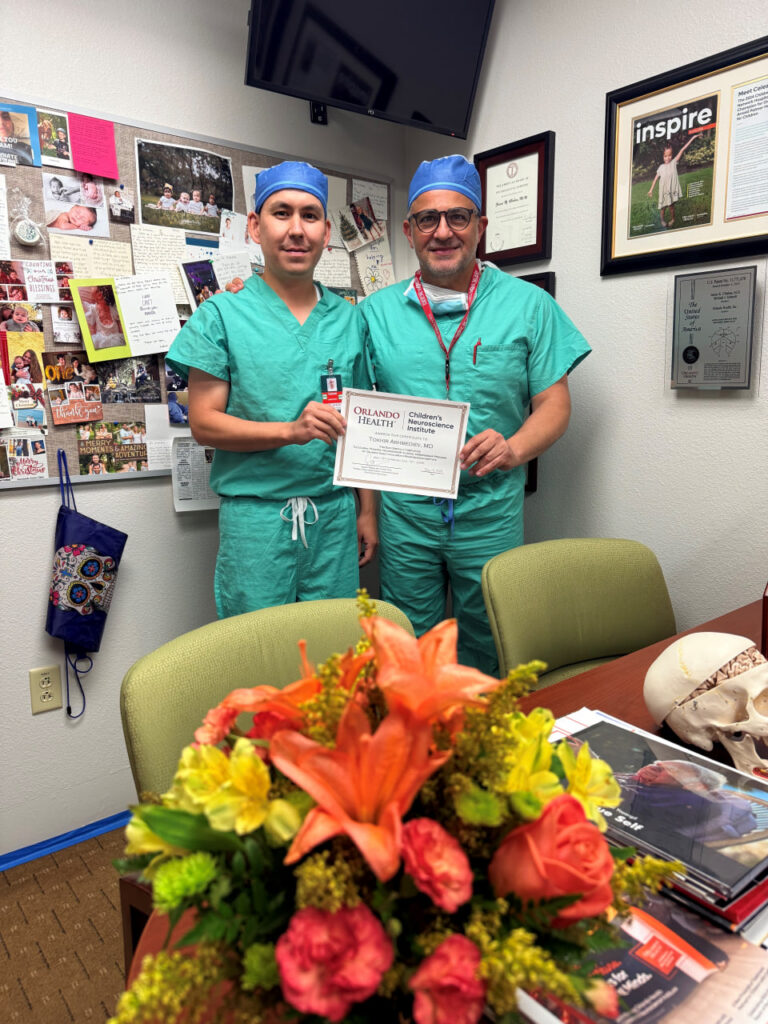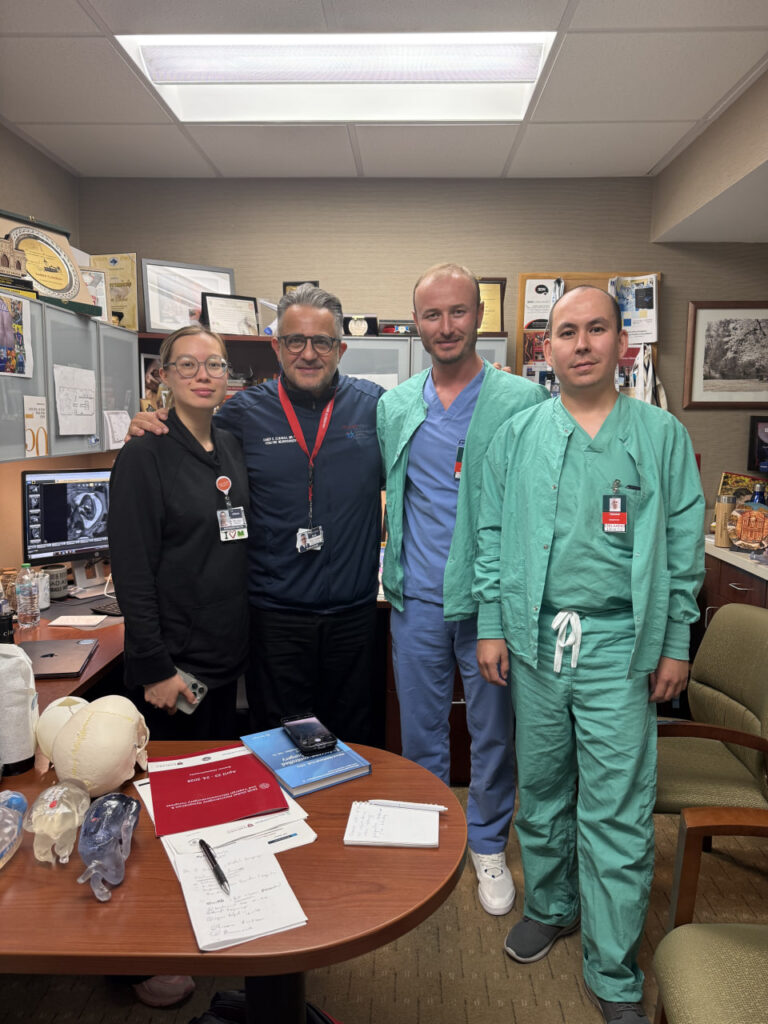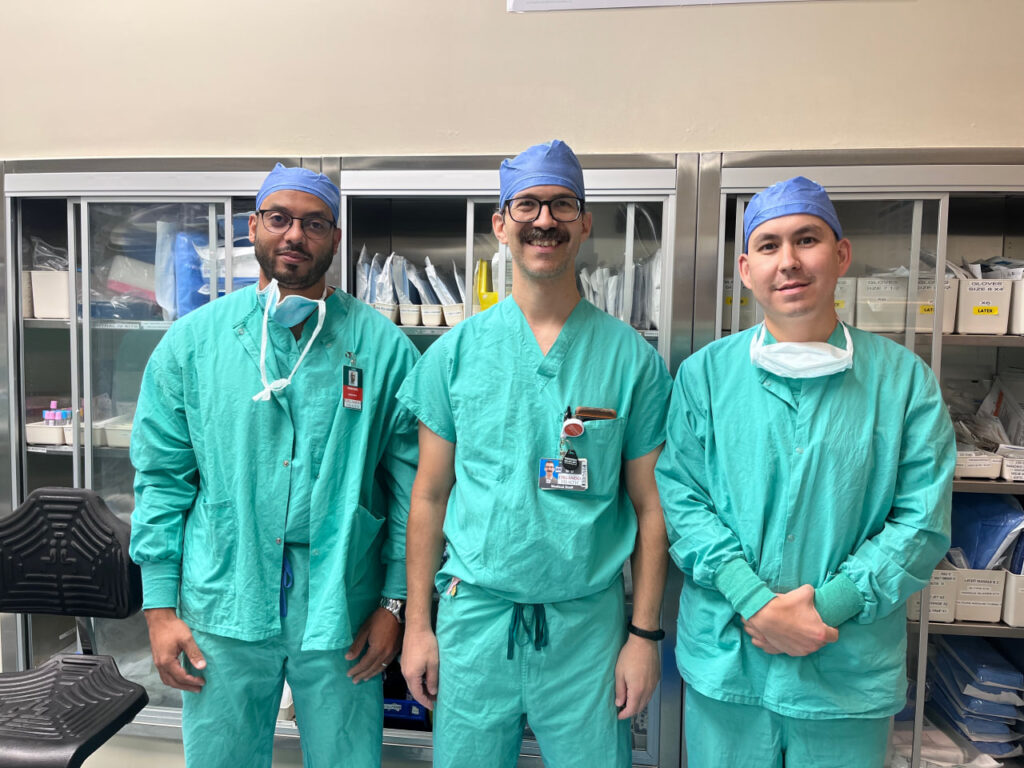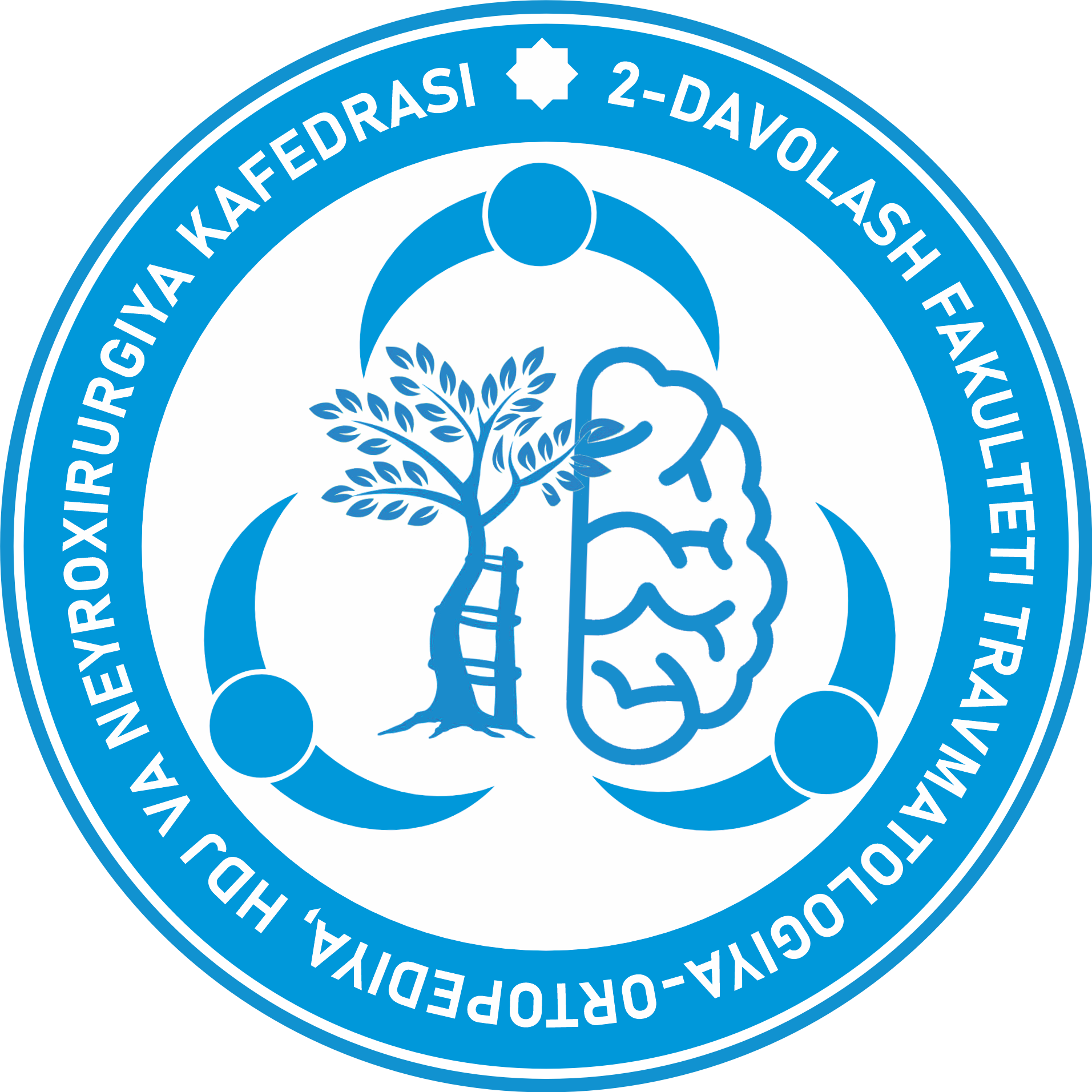Clinical Observership Report
May–July 2025
Orlando Health Arnold Palmer Hospital for Children
By: Tohir Akhmediev MD
Host: Professor Samer K. Elbabaa, MD, FAANS, FACS
President, Orlando Health Children’s Neuroscience Institute
Chief, Pediatric Neurosurgery
Introduction
It is with great pleasure that I present this report summarizing my clinical observership at the Orlando Health Arnold Palmer Hospital for Children under the mentorship of Professor Samer K. Elbabaa, MD, FAANS, FACS. This invaluable opportunity was made possible through the generous support of the Foundation for International Education in Neurological Surgery (FIENS) and Basset fellowship, to whom I am sincerely grateful for awarding me this grant.
Clinical Experience
During the observership from May to July 2025, I had the privilege to observe a wide range of pediatric neurosurgical cases, encompassing both elective and emergency surgeries. I attended daily operating room sessions, outpatient clinics, and multidisciplinary team meetings.
Among the numerous surgical procedures I witnessed were:
- Pediatric brain tumor resections
- Craniosynostosis corrections, including endoscopic-assisted techniques
- Epilepsy surgeries
- Spinal dysraphism repairs
- Hydrocephalus management procedures, including endoscopic third ventriculostomies + choroid plexus cauterizations (ETV+CPC) in children and neonates. In addition to understanding its clinical benefits, I gained firsthand exposure to critical technical aspects, including the identification of safe anatomical landmarks during third ventriculostomy, the delicate handling of endoscopic equipment, and techniques for safe, effective cauterization of the choroid plexus.
This observership solidified my interest in pediatric endoscopic neurosurgery and enhanced my appreciation for the nuanced decision-making and technical precision required for optimal outcomes in hydrocephalus management.
Fetal Surgery for Spina Bifida
A particular highlight of my observership was the opportunity to observe fetal surgery for spina bifida (in utero myelomeningocele repair) – one of the most advanced and delicate procedures in contemporary pediatric neurosurgery. I was fortunate to attend several multidisciplinary fetal surgery cases, which involved a coordinated team of pediatric neurosurgeons, maternal-fetal medicine specialists, neonatologists, and anesthesiologists.
Through these experiences, I gained valuable insights into:
- Patient selection and prenatal counseling
- Intraoperative neurosurgical repair of the neural placode and dural closure
- Postoperative care of both mother and fetus
- Expected outcomes and long-term follow-up for these patients
This exposure greatly enhanced my knowledge of fetal neurosurgical interventions and their role in preventing neurological deterioration in infants with spina bifida.
Outpatient Clinics and Multidisciplinary Conferences
In addition to operative cases, I regularly attended outpatient pediatric neurosurgery clinics, observing patient evaluations, treatment planning, and postoperative care. These multidisciplinary discussions provided a comprehensive view of collaborative patient care in complex neurosurgical cases.
Acknowledgments
I would like to express my profound gratitude to Professor Samer K. Elbabaa for his mentorship, invaluable teaching, and for welcoming me into his outstanding team. His dedication to pediatric neurosurgery and to fostering international education is truly inspiring. Also, I would like to express my deepest appreciation to neurosurgeons Ryan Jafrani and Zachary Wright, to physician assistants and whole neuroscience team for your kindness, mentorship, and generosity in supporting my learning journey. Witnessing your commitment to patient care, surgical precision, and collaborative teamwork has been truly inspiring.
My sincere thanks also go to the Foundation for International Education in Neurological Surgery (FIENS) and Basset fellowship for granting me this incredible opportunity. Their support made it possible for me to engage in this enriching experience, which will have a lasting impact on my professional development and future career in neurosurgery.
Conclusion
This observership was an extraordinary educational and clinical experience. It provided me with exposure to world-class pediatric neurosurgical practice, advanced surgical techniques, and multidisciplinary team collaboration. I am confident that the knowledge and skills I gained during this time will greatly benefit my neurosurgical training and future clinical practice in my home country Uzbekistan.






